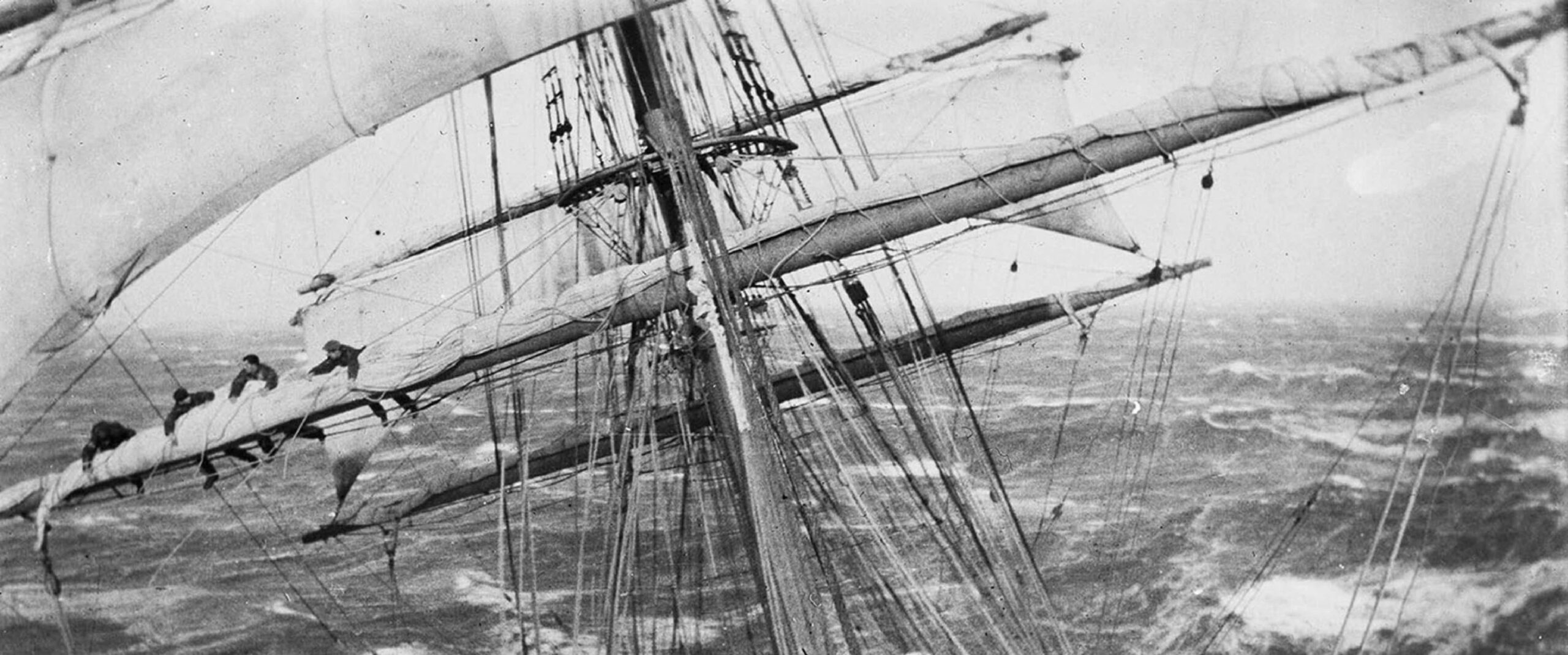
A Fox tried to reach some delicious looking grapes, only to decide when he couldn’t reach them, that they must be sour. The moral of this ancient story is that it is natural for us to dislike or scorn something that is not within our reach.
The leadership lesson is that it’s easier to make judgment than to make connection.
People seem very happy making judgments and decisions on things they’ve only seen from afar.
Seeing from afar isn’t unusual in most organizations, in fact it’s increasingly a feature of corporate life. Busy leaders don’t get time to watch things closely enough to be familiar with them, at least to be familiar with how things are today, as opposed to when they were closer to the action. As time gets short and structures get leaner, it’s harder to stay close to things.
This “distance” rarely stops those same leaders from having opinions, however.
Unfortunately some leaders actually avoid getting too close to a problem – so as not to find out the truth. They prefer to convince themselves and others (often their bosses) that all is well, (or all is bad) without checking. Having your opinion contradicted is painful, so better to avoid the pain by avoiding the scrutiny. Take the chance. Go with your gut feel.
A primary responsibility of leadership is to ensure that information is as factual as possible. This is not just for the few big decisions, but more importantly the myriad of small decisions made daily by everyone in the organization. In Balancedkaizen the 4th big decision is to Use Data.
An important principle is to link operational data quickly to operational decisions so that people know quickly if their decisions were right or wrong. In a fast and complex world, immediate feedback is even more vital to everyone, not just leaders. Too much istance between cause and effect can be expensive.
“People seem very happy making judgments and decisions on things they’ve only seen from afar…”
There are 2 factors that will beset a team that doesn’t rely on fast, factual information.
1. Over-confidence
Contrary to what you might think, lack of knowledge doesn’t stop self-confident leaders from forming opinions, in fact the opposite is often true. Poor leaders prefer lack of detailed information as there is less to contradict their assertions. Good leaders use data for understanding, so are more careful proceeding without it.
Facts can lead to doubt – and that’s is the reason why they are important.
2. Division
A less obvious outcome of lack of Data is a lack of unified opinions about what’s happening.
Good leaders realize this.
In the absence of data, humans make up their minds based on self interest. Without a common score, managers and teams act like different political factions – reaching opposite conclusions about the same event. Teams will assume they’re doing better than they are. Managers will do likewise, and report it upwards if allowed. Alternatively a team may not get credit for performance but be judged according to their leader’s mood or the last thing they saw.

Without consistent and accurate measurements, a leader and their teams are likely to be living in separate realities, each wondering why the other ” “doesn’t understand”.
Appropriate use of Data is a key activity for a leader to shape, not just to tell where the team is, but to get closer to the action, and to keep everyone seeing the same things.
Does the information you use regularly bring you closer to problems or just allow you to make judgments? Do you shape how your team uses Data or leave it to others?

Sour Grapes can satisfy the ego but they don’t help solve problems.
Image credits: Library of Congress; z3news.com
